In a discussion with Sam Harris, Steven Pinker presents a cogent take-down of the “HitlerStalinPolPot” gambit that some Christians like to play. That’s the one where they say, “Hitler, Stalin, Mao, and Pol Pot were atheists who killed millions of people, therefore atheism is terrible.”
Harris serves the ball.
Need I remind you that the “atheist regimes” of the 20th century killed tens of millions of people?
This is a popular argument among theoconservatives and critics of the new atheism, but for many reasons it is historically inaccurate.
First, the premise that Nazism and Communism were “atheist” ideologies makes sense only within a religiocentric worldview that divides political systems into those that are based on Judaeo-Christian ideology and those that are not. In fact, 20th-century totalitarian movements were no more defined by a rejection of Judaeo-Christianity than they were defined by a rejection of astrology, alchemy, Confucianism, Scientology, or any of hundreds of other belief systems. They were based on the ideas of Hitler and Marx, not David Hume and Bertrand Russell, and the horrors they inflicted are no more a vindication of Judeao-Christianity than they are of astrology or alchemy or Scientology.
Second, Nazism and Fascism were not atheistic in the first place. Hitler thought he was carrying out a divine plan. Nazism received extensive support from many German churches, and no opposition from the Vatican. Fascism happily coexisted with Catholicism in Spain, Italy, Portugal, and Croatia.
…
When it comes to the history of violence, the significant distinction is not one between theistic and atheistic regimes. It’s the one between regimes that were based on demonizing, utopian ideologies (including Marxism, Nazism, and militant religions) and secular liberal democracies that are based on the ideal of human rights.
Not that Sam Harris hasn’t also done a fine job of answering that question himself.
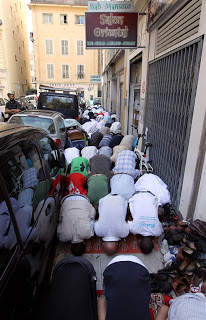
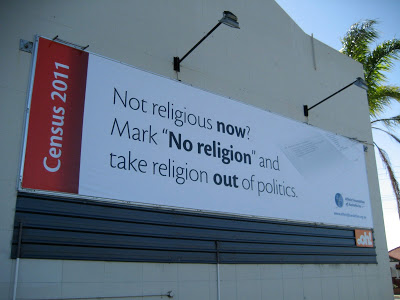
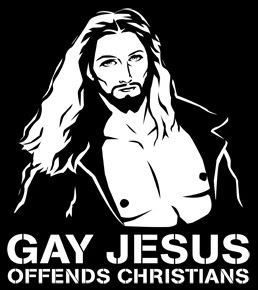
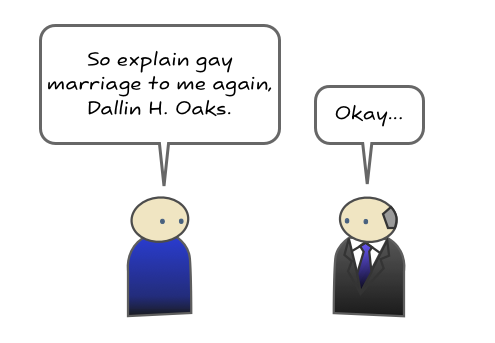


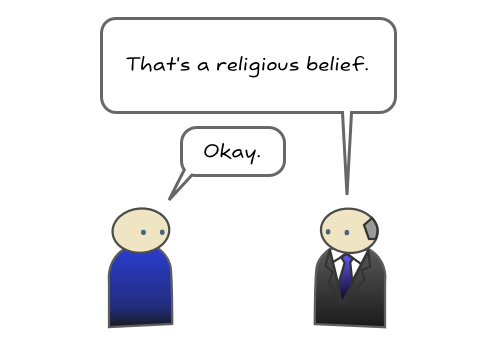
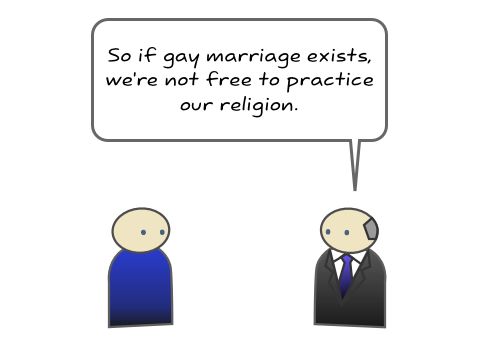
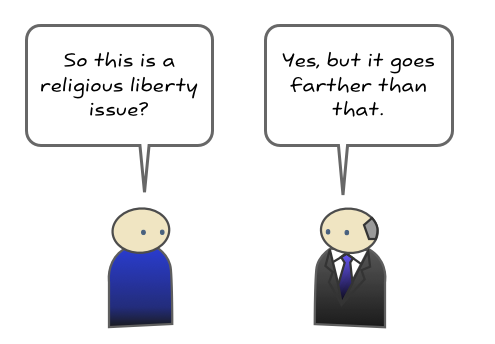



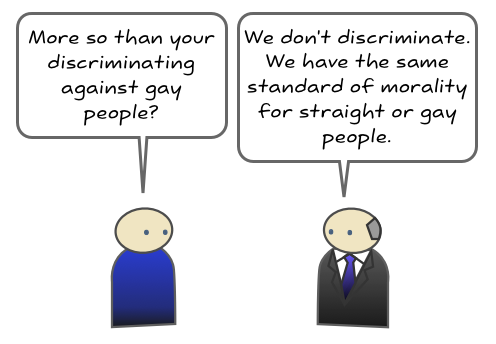


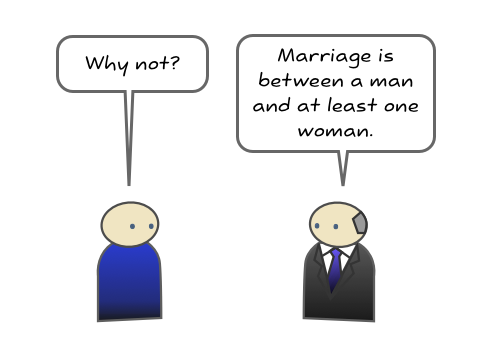


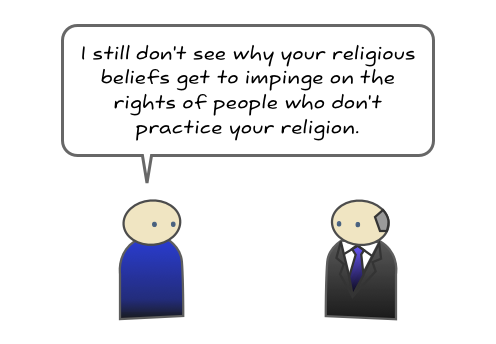
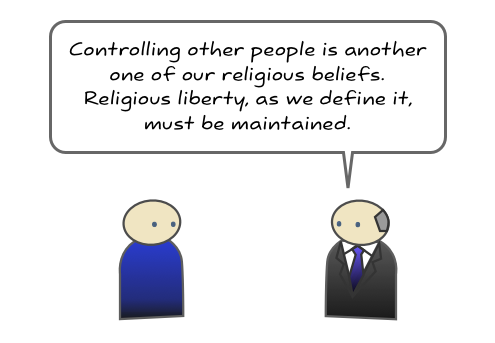
Recent Comments